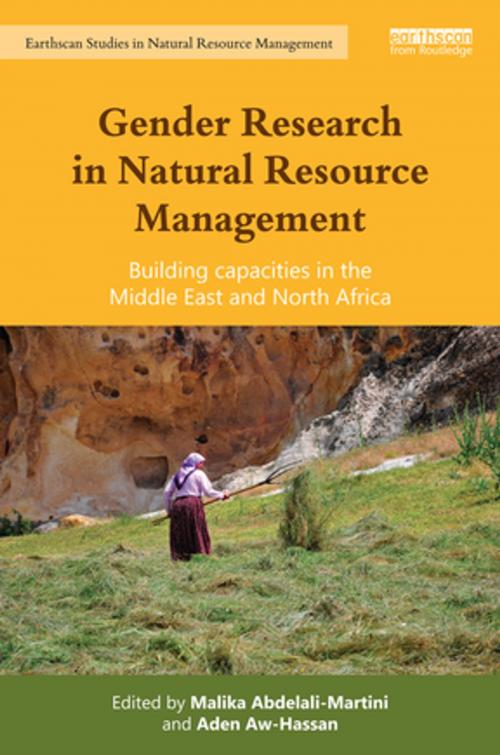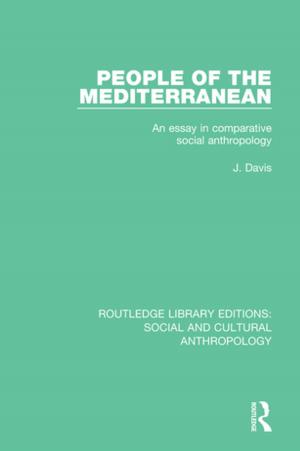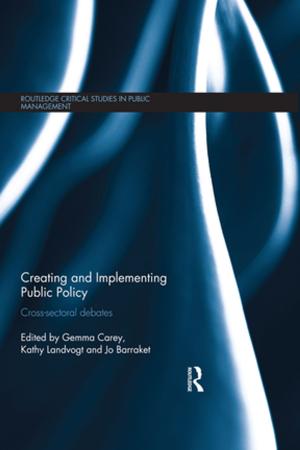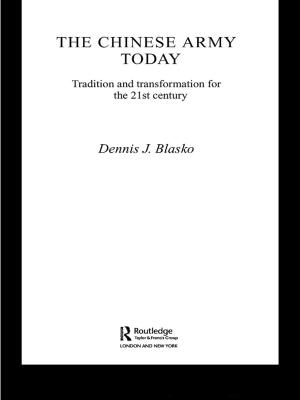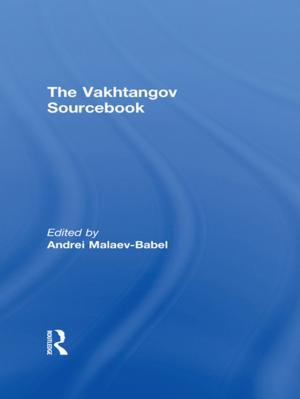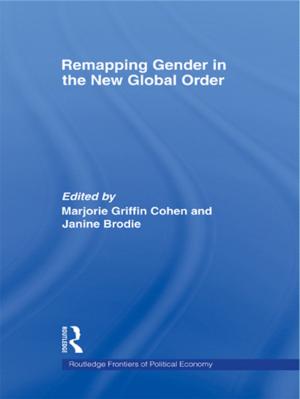Gender Research in Natural Resource Management
Building Capacities in the Middle East and North Africa
Nonfiction, Social & Cultural Studies, Social Science, Gender Studies| Author: | ISBN: | 9781317916338 | |
| Publisher: | Taylor and Francis | Publication: | December 17, 2013 |
| Imprint: | Routledge | Language: | English |
| Author: | |
| ISBN: | 9781317916338 |
| Publisher: | Taylor and Francis |
| Publication: | December 17, 2013 |
| Imprint: | Routledge |
| Language: | English |
The aim of this book is to highlight the role that gender research can play in understanding natural resource management and rural development issues in the Middle East and North Africa region and how hands-on training and mentoring can be used as a capacity enhancement approach. It presents findings of four research teams, working in three countries, Algeria, Lebanon and Morocco.
The approach was to build the capacity of national teams through hands-on field research, mentoring and technical support, which is different from traditional training. The chapters present the results of the case studies used as learning platforms for the teams and reflections on this approach. The case studies demonstrate the capacity and skills that the teams have acquired. These teams were multi-disciplinary and included social scientists as well as specialists in water management, livestock production and rangelands and agronomy. The book provides grounded empirical examples for MENA academics, practitioners and development students concerned about ensuring gender-balanced rural development.
The aim of this book is to highlight the role that gender research can play in understanding natural resource management and rural development issues in the Middle East and North Africa region and how hands-on training and mentoring can be used as a capacity enhancement approach. It presents findings of four research teams, working in three countries, Algeria, Lebanon and Morocco.
The approach was to build the capacity of national teams through hands-on field research, mentoring and technical support, which is different from traditional training. The chapters present the results of the case studies used as learning platforms for the teams and reflections on this approach. The case studies demonstrate the capacity and skills that the teams have acquired. These teams were multi-disciplinary and included social scientists as well as specialists in water management, livestock production and rangelands and agronomy. The book provides grounded empirical examples for MENA academics, practitioners and development students concerned about ensuring gender-balanced rural development.
